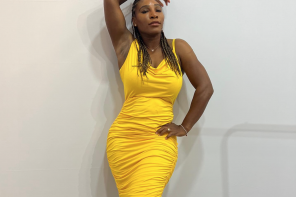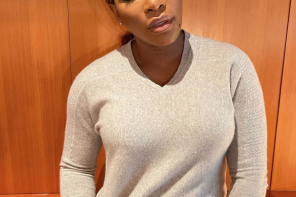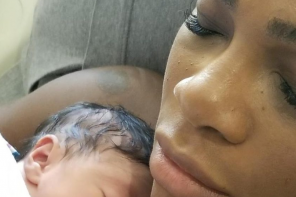Venus and Serena Williams are featured on the cover of The New York Times magazine. The article reflects back to the sisters’ childhood in Compton, California, how their father Richard branded them as superstars right from the beginning and the racism they faced as two black women taking over the lily white world of tennis. The piece also delves into why Serena refuses to return to Indian Wells and why she isn’t sorry about the outbursts she had with two officials.
About Indian Wells and those racial taunts she and Venus received in 2001:
Paris tennis fans sound like Philly sports fans
At Indian Wells, everybody goes there when they’re retired. It’s like Palm Beach. I thought, People like Martin Luther King Jr. boycotted things. And this is nothing on that level. Look at Muhammad Ali, he didn’t even play, he went to jail because he didn’t want to go to war. The least I can do is stand up for my people and not go there. That’s the very least I can do. It’s not even that hard of a decision. I get a vacation on those two weeks. It’s like the easiest decision of my career. They can penalize me to death, I’m never going back.”
The incident where she told a line judge she’d shove the tennis ball down her throat:




